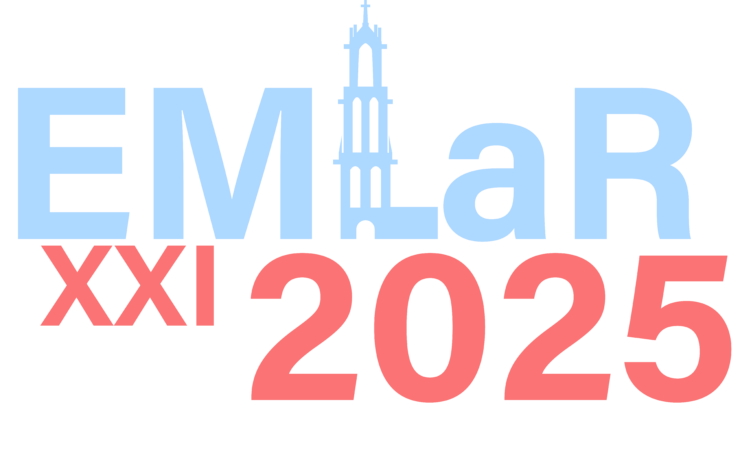Tutorials
Probabilistic Models of Pragmatic Reasoning
Tutorial Teachers: Michael Franke
Affiliation: University of Tübingen
For several decades, the study of language use and contextually-mitigated meaning —the study of pragmatics— has been regarded as a wastebasket in which to dump unexplainable loose ends in service of more rigorous formal analyses. This view of pragmatics is no longer adequate. Owing to a dedicated shift towards experimental studies of pragmatic phenomena and the rise of suitable formal frameworks, a data-driven computational pragmatics is now possible. This course introduces ideas, experimental techniques and programming tools that feed recent efforts to model pragmatic inferences as probabilistic social cognition, in which interlocutors reason about each other’s choice of utterance and interpretation. We will introduce the Rational Speech Act model and its implementations in WebPPL, a light-weight, general-purpose probabilistic programming language, allowing participants to actively explore probabilistic models of utterance generation and interpretation in a hands-on fashion.



